The C-LIGHT MA2100 Series Multi-Dwelling Unit (MDU) is designed for Fiber-to-the-Building/ Fiber-to-the-Curb (FTTB/FTTC) deployment, supporting adaptive EPON/GPON modes. Equipped with multiple user-side interfaces (e.g., 8 Gigabit Ethernet ports with PoE), it delivers high-density data services with core strengths in reliability, QoS assurance, flexible scalability, and intelligent management, ideal for residential, commercial, and smart city applications.
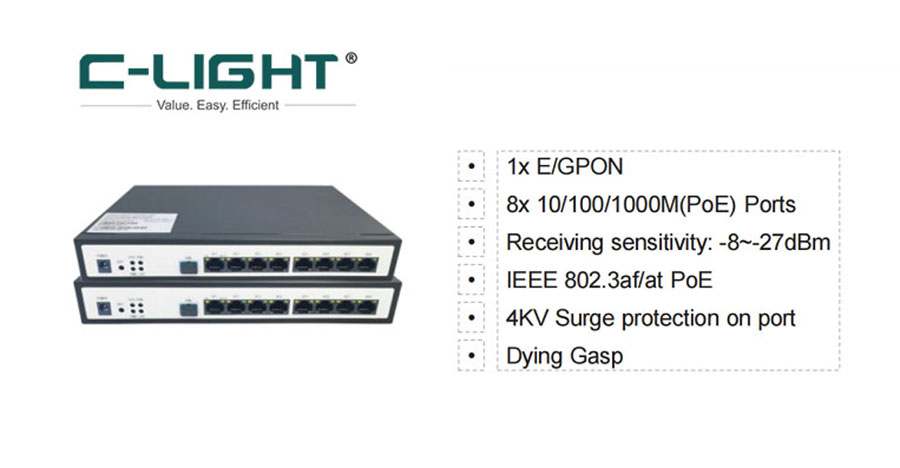
Key Features
Multi-Mode Compatibility & High Bandwidth
●Adaptive EPON/GPON modes ensure compatibility with existing XPON networks and smooth migration to XGS-PON for future-proof gigabit bandwidth.
●8×10/100/1000M auto-negotiation ports with PoE (IEEE 802.3af/at) simplify deployment for IP cameras, wireless APs, etc.
High Reliability
●Operates in extreme temperatures (-20℃~85℃) with ultra-low power consumption (≤8W).
●End-to-end QoS guarantees minimize latency and packet loss under multi-service loads.
Scalability & Intelligent Management
●1K MAC address table supports large-scale terminal access; modular design enables easy expansion.
●Remote management via SNMP/TR-069 protocols enables real-time monitoring and rapid troubleshooting.
Technical Specifications
| Parameter | Specification |
|---|---|
| Model | CLMA2100-08T/08TP |
| Dimensions | 235×153×35mm (Compact Design) |
| Power Consumption | ≤8W (Standard)/≤12W (PoE Full Load) |
| Power Input | DC 12V/1.5A or PoE DC 48V/2.5A |
| Operating Temperature | -20℃~85℃ |
Application Scenarios
●Smart Buildings: Delivers high-speed broadband for apartments/hotels and IoT device connectivity.
●Enterprise Networks: Supports multi-device, high-concurrency data transmission for video conferencing and cloud services.
●Public Infrastructure: Deploys in urban surveillance and transportation hubs, reducing cabling complexity via PoE
Competitive Advantages
●Cost Efficiency: Integrated PoE and low power consumption reduce deployment/OPEX.
●Future-Proof: XGS-PON compatibility safeguards long-term operator investments.
●Market Alignment: Meets global FTTx demands, enabling operators to transition from bandwidth to experience-centric models (e.g., Huawei FTTR achieved 30% ARPU growth).
 TEL:+86 158 1857 3751
TEL:+86 158 1857 3751 





















































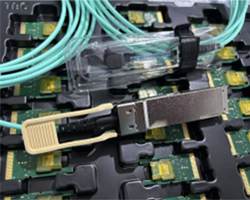
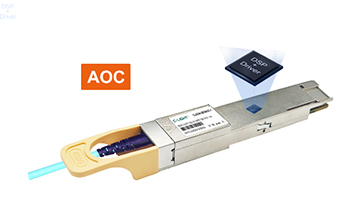

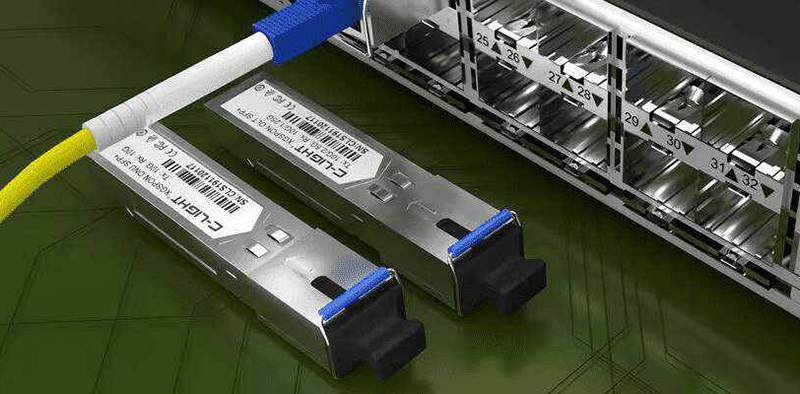
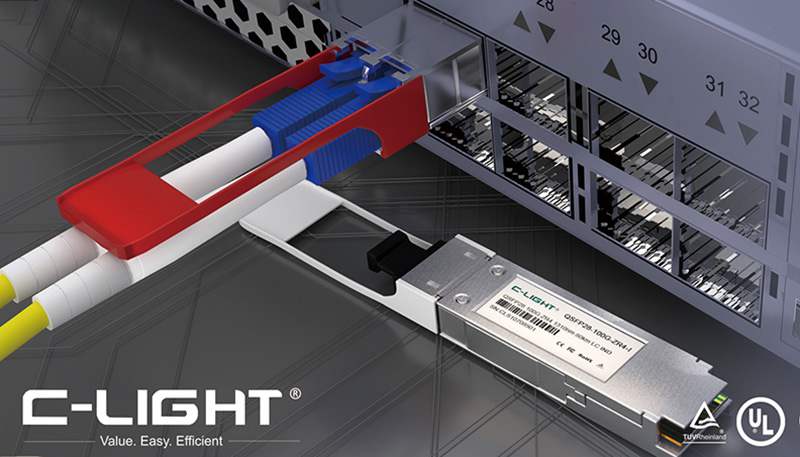
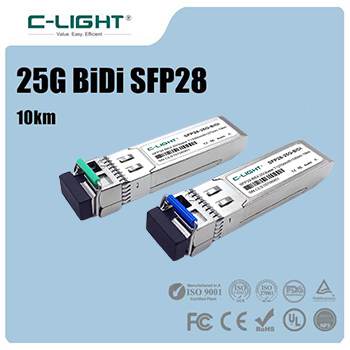
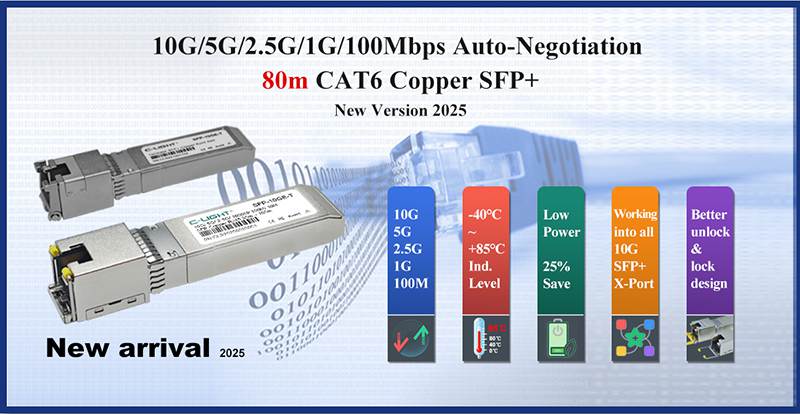
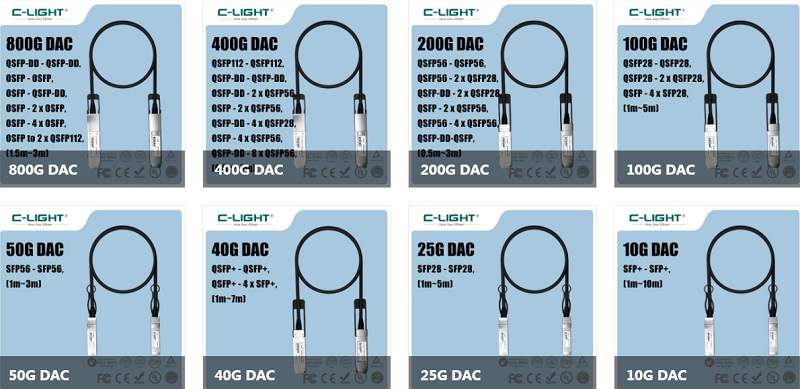
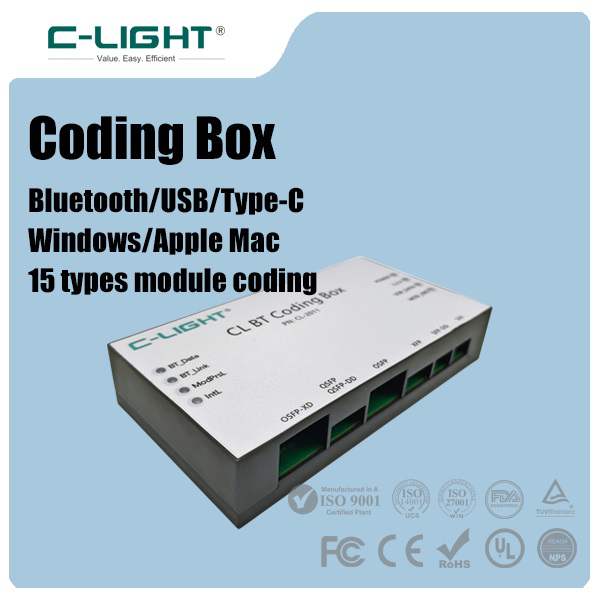
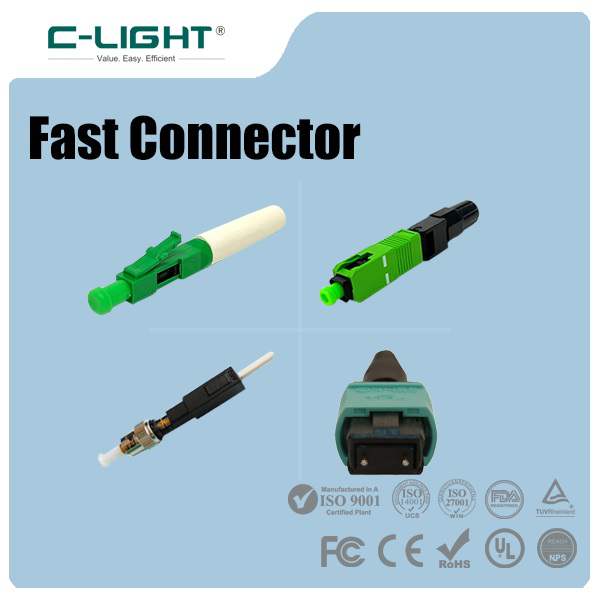 >
>
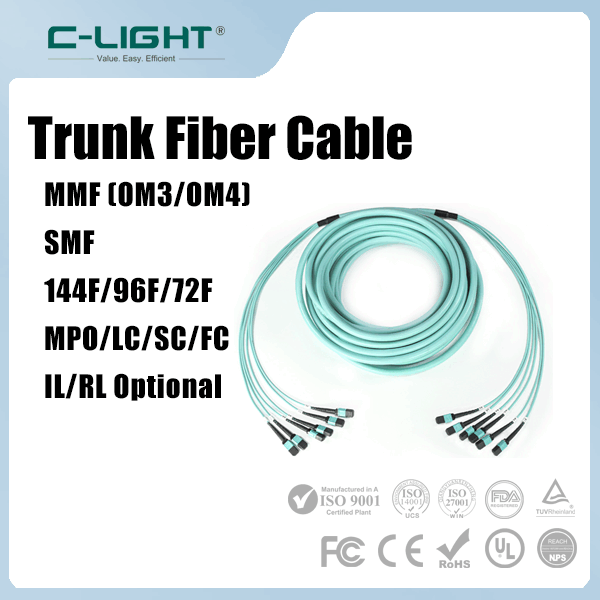 >
>
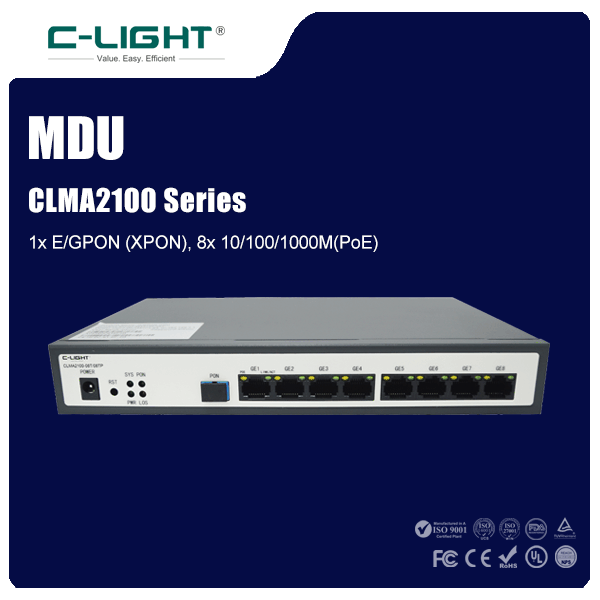 >
>
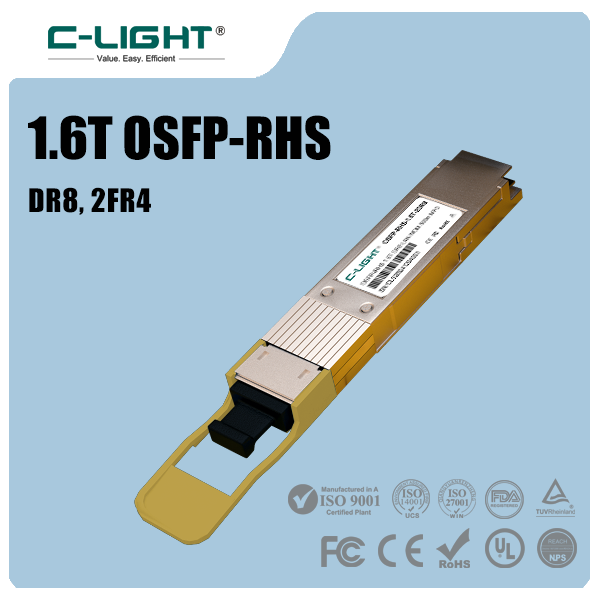 >
>
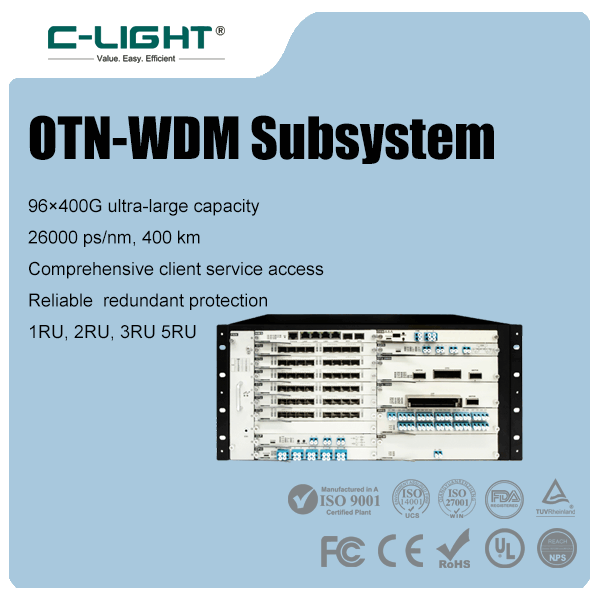 >
>
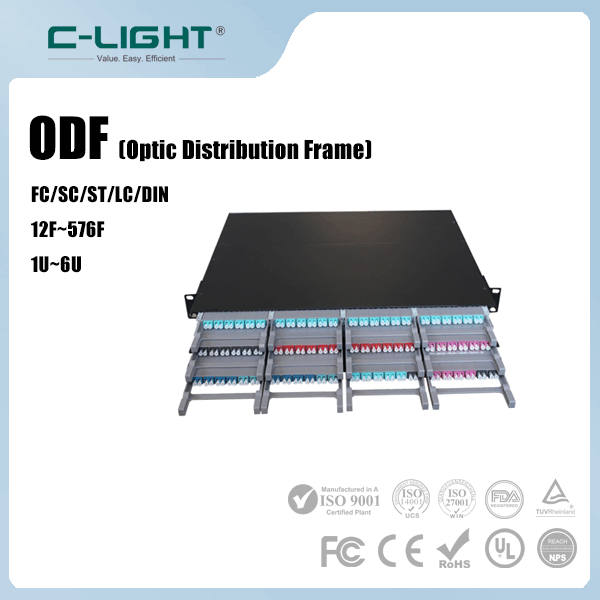 >
>
